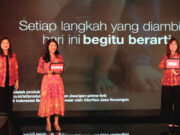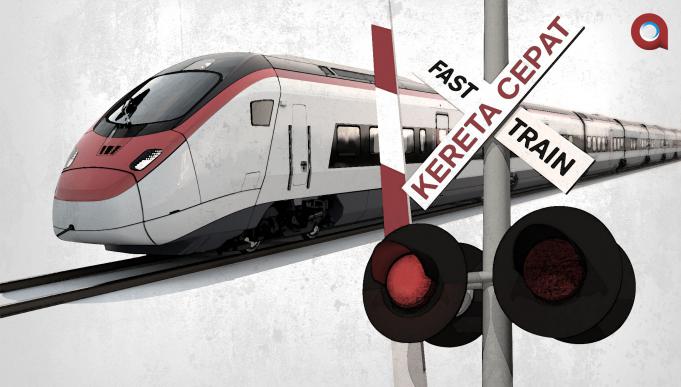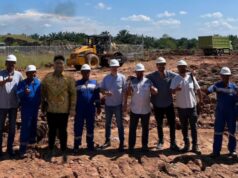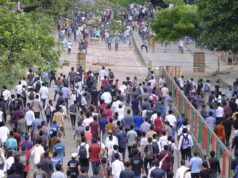Jakarta, Aktual.com – The majority of the people rejected the fast train construction Jakarta-Bandung initiated by President Joko Widodo. Based on the survey released Indonesia Development Monitoring (IDM) 90.3 percent said they did not agree on the construction of the project.
“Their reasons are many, but the bottom line is; they refused and did not willingly because the construction was done with borrowed funds and increase the burden of sovereign debt, “said Executive Director of IDM, Tri Widodo Sektianto release received Aktual.com Sunday morning (14/2).
IDM survey was conducted by taking a sample of the population of the total population in eight regencies / cities in West Java and Jakarta where the area to be crossed by a fast train.
The area in question is; Bekasi, Bekasi, Karawang, Purwakarta Regency Kota, West Bandung, Cimahi, Bandung and Bandung Regency (West Java province), then added Jakarta.
While the total population of Jakarta and plus 8 districts / municipalities in West Java, amounted to 28.7 million from the record BPS.
“This survey methodology using multi-stage random sampling with sample number 1816 Respondents with a level of confidence of 95% and Margin Of Error +/- 2.3%,” said Widodo.
Then he delivered a background of the respondents consists of various layers of the society.
Police / military and civil servants by 10.3 percent, Workers in private companies and state-owned 39.8 percent, Self Employed 19.6 percent, 17.2 percent Housewife, Students and Students, Etc. 13.1 percent.
The average age of respondents between 15 to 30 years USIS as much as 34.1 percent, 31 to 50 years as much as 49.7 percent and 50 years of age or older as much as 16.2 percent.
The education level of respondents Pass SD – SMP 5.6 percent, not Graduated Graduated from high school and 37.4 percent high school graduate, Not Passed Passed S1 S1 And as much as 43.2 percent, graduate S 2 and S3 13.8 percent. While based on the sex of the respondents comprised of 47.3 percent women and 52.7 percent men.
“Sample we set a provisional basis in accordance population of each district / city that will be crossed by a fast train. We went down to the field face to face and question and answer with the respondent in obtaining data, “he concluded.
Artikel ini ditulis oleh:
Dadangsah Dapunta


















